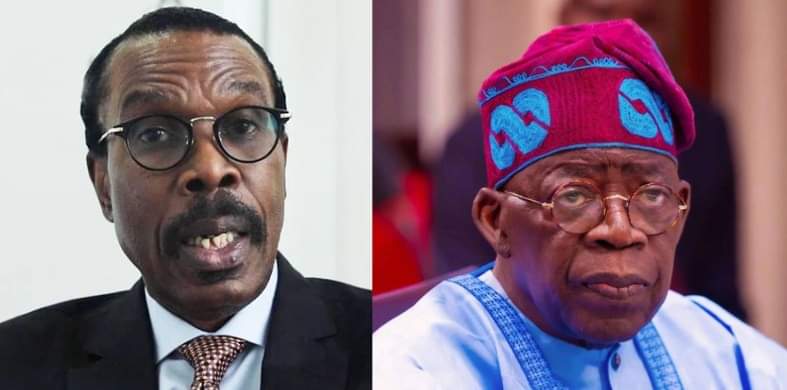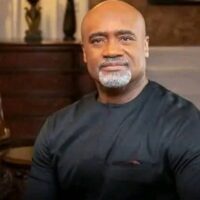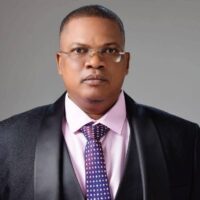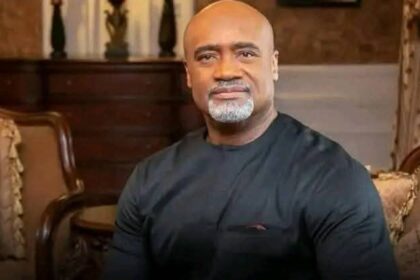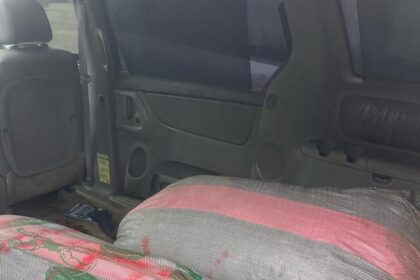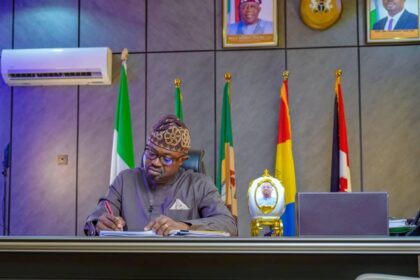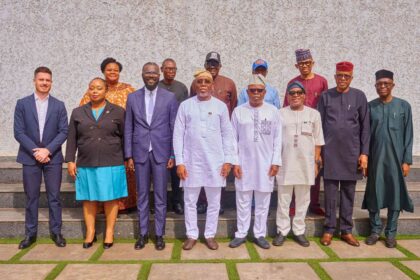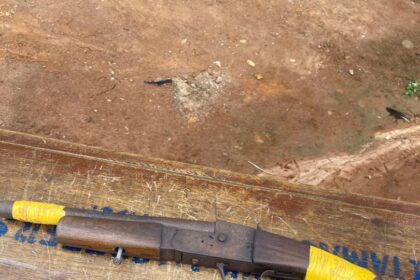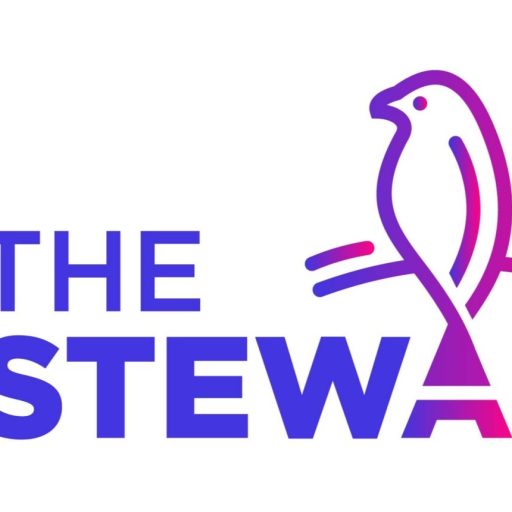At the recent Access Bank Customer Forum held in Lagos, Bismarck Rewane, the Managing Director and Chief Executive Officer of Financial Derivatives Company Limited, provided an optimistic outlook for Nigeria’s economic future.
Rewane projected that the Nigerian economy would grow by 3.5 per cent by 2026, pushing the country’s Gross Domestic Product (GDP) to approximately $400 billion, positioning Nigeria as a major player in Sub-Saharan Africa.
“The Nigerian economy will grow at 3.5 per cent (approximately $400bn). Nigeria is on track to becoming the second-largest economy in sub-Saharan Africa,” Rewane stated during his speech.
Alongside this positive economic trajectory, Rewane forecasted improvements in Nigeria’s foreign exchange system, predicting that foreign reserves would reach $20 billion, with the foreign exchange auction system becoming more efficient.
He also estimated an improvement in the country’s trade balance to $9.3 billion by 2026, up from $8.42 billion in 2024.
“There will be an efficient forex auction system, and unencumbered foreign reserves will hit $20bn,” Rewane said confidently.
On the fuel front, Rewane predicted that the price of petrol would stabilise at N900 per litre due to increased production from the Dangote refinery and other modular refineries, ensuring a steady supply.
“We expect petrol to stabilise at N900 per litre due to increased production from Dangote refinery and modular refineries,” Rewane noted.
While the overall outlook is positive, the economist warned that the naira would face challenges, likely trading at N1,550 to the dollar in the parallel market.
He attributed the movement of the naira to intervention funds, diaspora remittances, and exchange rate policies.
Rewane’s predictions extended to the stock market, where he expected market capitalisation to rise to N58 trillion, largely driven by the listing of big companies like the Dangote Refinery and the Nigerian National Petroleum Corporation (NNPC).
Also, the Minister of Finance and Coordinating Minister of the Economy Wale Edun, stated that Nigeria’s foreign reserves have seen a net inflow of about $2.35bn into the Central Bank’s coffers.
“There has been a net inflow in the first seven months of this year of about $2.35bn every month,” Edun stated, adding that the increase had played a key role in stabilising the naira in the forex market.
“We also have foreign exchange liquidity. The gross reserves are up,” the minister continued.
He attributed the growth to the government’s efforts, saying, “On the fiscal side as well, government revenues are growing.”
Edun highlighted that the country’s tax-to-GDP ratio stood at 10 per cent, with the revenue to GDP at 15 per cent, calling for more infrastructure and social safety net spending to address those low figures.
However, Taiwo Oyedele, Chairman of the Presidential Committee on Fiscal Policy and Tax Reforms, offered a more cautious stance, questioning some of Rewane’s projections and warning of other economic challenges, including unemployment and a struggling educational system.
“Our projection is slow, and I do not pray that Bismarck’s projection comes to pass,” Oyedele countered, adding, “We need to use data and evidence so that it can work for us.”

